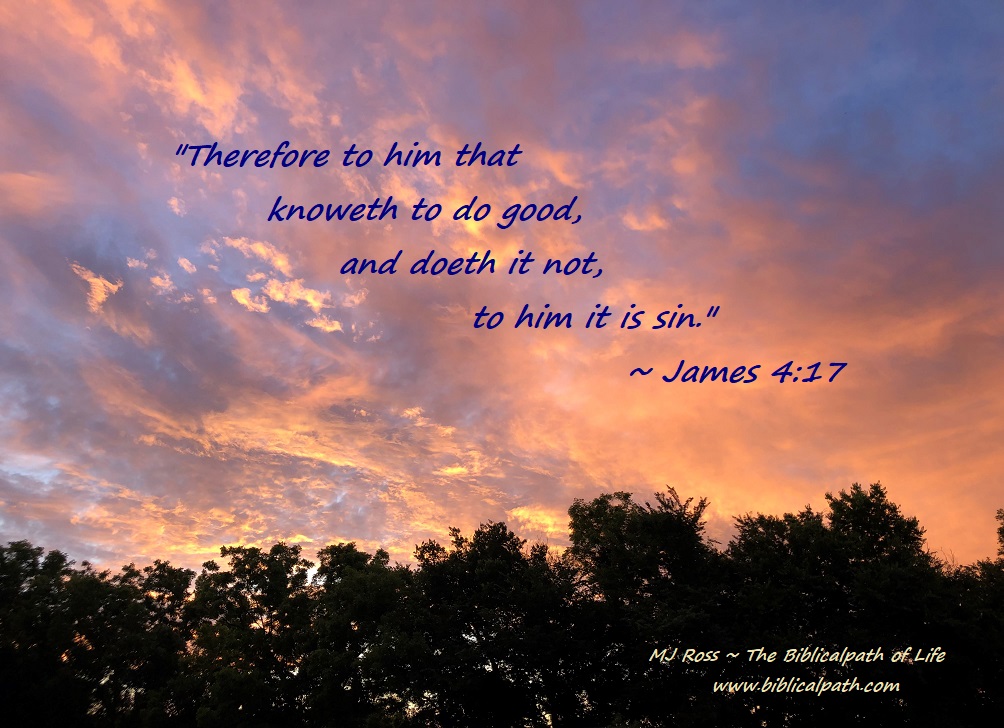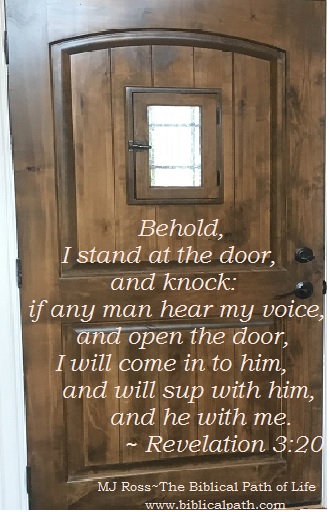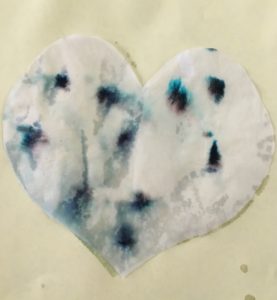
Amos 5:6
‘The Israelites sinned against God when they forsook Him and worshiped creatures (golden calves, Baal, etc.). They also walked in the ways of the heathen (the wicked and idolatrous nations around) instead of walking in God’s Laws and statutes they had been taught. Notice that in the New Testament, Paul preached to people in the same condition. He warned that the wrath of God would fall upon those who knew the truth, but did not live it out in their lives: “18. For the wrath of God is revealed from heaven against all ungodliness and unrighteousness of men, who hold the truth in unrighteousness; 19. Because that which may be known of God is manifest in them; for God hath shewed it unto them. 21. Because that, when they knew God, they glorified him not as God, neither were thankful; but became vain in their imaginations, and their foolish heart was darkened. 22. Professing themselves to be wise, they became fools, 23. And changed the glory of the uncorruptible God into an image made like to corruptible man, and to birds, and fourfooted beasts, and creeping things. 24. Wherefore God also gave them up to uncleanness through the lusts of their own hearts, to dishonour their own bodies between themselves: 25. Who changed the truth of God into a lie, and worshipped and served the creature more than the Creator, who is blessed for ever. Amen” (Romans 1:18–19, 21–25).’
Notice that Paul portrayed a progressive departure from the truth of righteousness they knew. It was not a sudden departure. Search your heart to see if you are guilty of knowing the way of righteousness, yet not living in the truth of it. This is an important question for each Christian to consider!
‘What should we learn from Israel’s obstinacy? Jesus should be our ultimate example. “21. … [B]ecause Christ also suffered for us, leaving us an example, that ye should follow his steps: 22. Who did no sin, neither was guile found in his mouth: 24. Who his own self bare our sins in his own body on the tree, that we, being dead to sins, should live unto righteousness: by whose stripes ye were healed” (2 Peter 2:21–22, 24).
When we know what is right, we should do it. “Therefore to him that knoweth to do good, and doeth it not, to him it is sin” (James 4:17). Seek God if one is not sure — remember Amos’ plea, “Seek the LORD, and ye shall live …” (Amos 5:6). We should never sin away our lives — as Israel did. For, “… There is a sin unto death …” (1 John 5:16).’
Have you chosen to do good and to seek the Lord?
Excerpts from The Biblical Path of Life, Year Two Quarter One, Lesson 10; Shallum – Hoshea. www.biblicalpath.com



